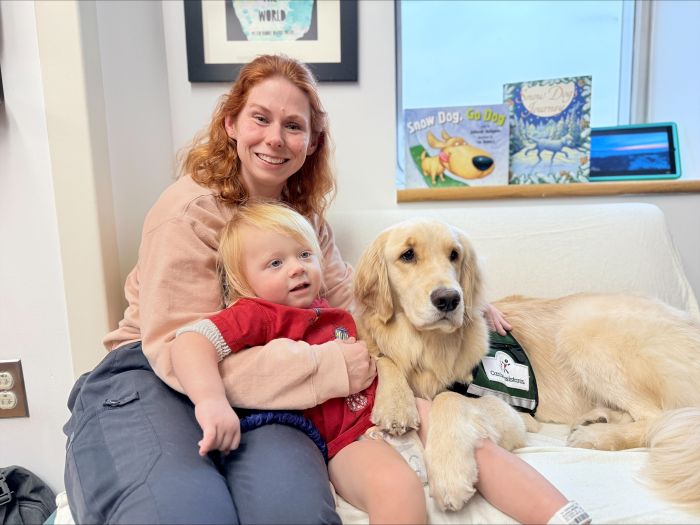
By: Caitlin Cruickshank, program investment & marketing intern and Shelby Ripple, marketing intern
Grief is hard. And unfortunately, it is something everyone must handle and ultimately deal with. But there is a science to it – and part of healing grief is understanding exactly how it affects us.
Maria was 19, in college, sitting in her dorm room during midterm season when she got a call that would change her life. She received news that her mother had a sudden heart attack, and a few days later she sadly passed away. For Maria, the sudden death of her mother brought on an intense, consuming amount of grief.
Maria talked through her story with a certified grief counselor on the Science of Grief podcast. The podcast focuses on real stories for and by young adults who are exploring grief and mental health issues. The podcast is a collaboration between WDET and Science Gallery Detroit and is possible with the support of a $25,000 grant from The Children’s Foundation. Not only is it helping to spread awareness, but Science of Grief enables young adults to cope with their grief and be able to communicate boundaries with others.
By telling her story on the Science of Grief Podcast, Maria modeled healthy methods of dealing with grief and engaged in a dialogue about mental health with a trained professional. For young listeners, Science of Grief creates a safe space for teens to reflect on grief and mental health during difficult times.
“Grief doesn’t always get better, but it does get easier,” Maria said.
The podcast’s production team reflects its audience, consisting of six Science Gallery Mediators from ages 18-24. It is hosted by the acclaimed poet and Science Gallery Community Engagement Manager, Natasha T. Miller. The purpose of the ten-episode podcast is to raise awareness and reduce stigma around mental health and grief, creating a space for young adults to share stories, science, and solutions.
Each individual guest shares their grief story and receives feedback and support from a professional. Ultimately, the vision of the podcast is to reduce suicide and suicidal ideation.
The podcast quickly became popular with young adults in 2021, with 17,548 total downloads from May through December. Science of Grief reached a national audience and was featured in the NPR “New and Noteworthy” section.
The impact of this podcast became clear during a time when grief became widespread—the COVID-19 pandemic. More than ever, grief has become a part of daily life, and can adversely affect the mental health of young people. The Science of Grief has created a community to destigmatize conversations surrounding mental health and grief, and has provided hope and comfort to Maria and countless other listeners.




